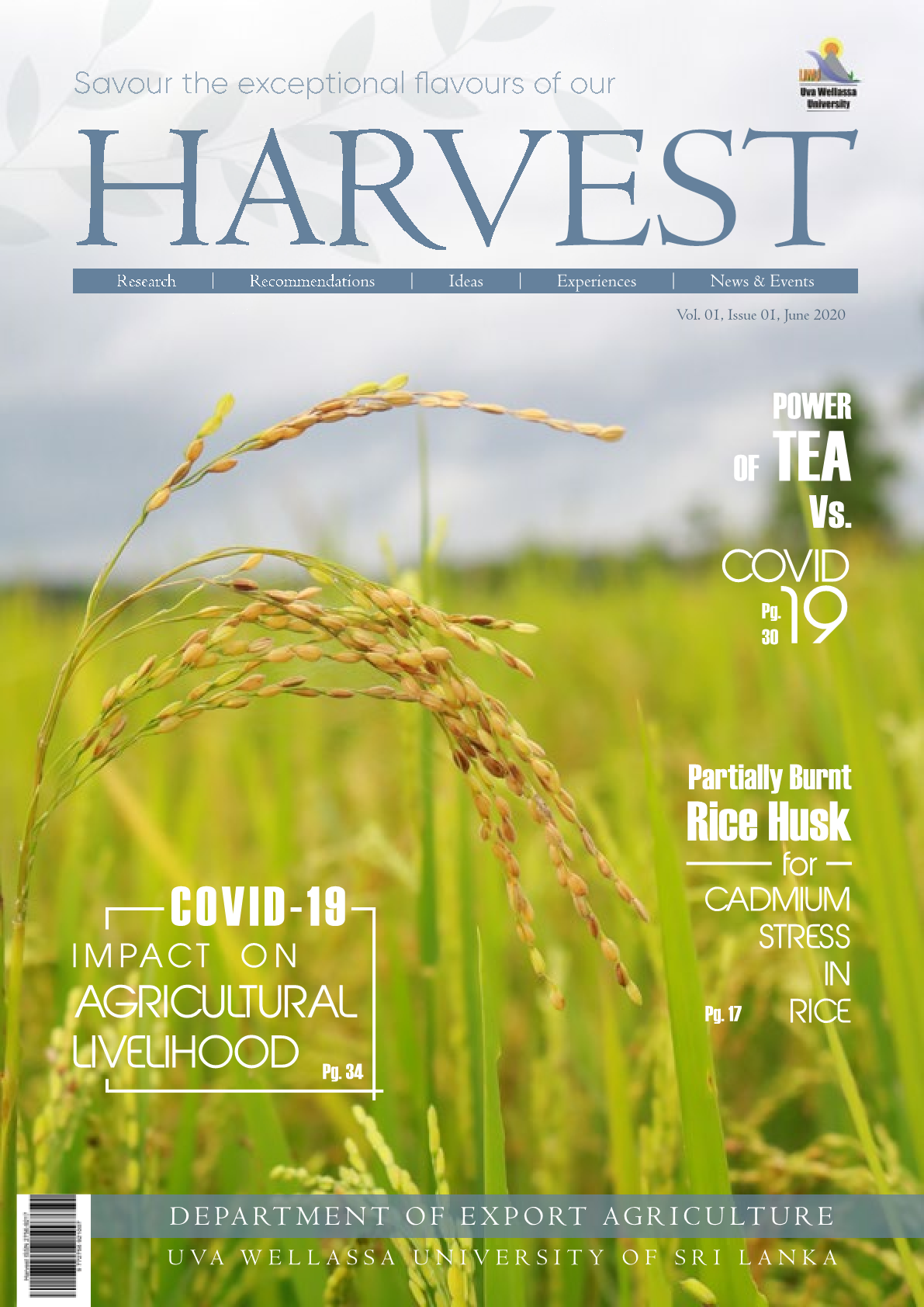Harvest
Introduction
Harvest is a British magazine focused on neopaganism and related topics. The magazine has been in publication since 1979 and has played an important role in the neopagan community in the United Kingdom and beyond.
History
Harvest was founded in 1979 by Mark Graham, a prominent member of the neopagan community in the United Kingdom. The magazine was originally focused on raising awareness and understanding of neopaganism, which was still a relatively unknown and misunderstood movement at the time.
Over the years, Harvest evolved to cover a broader range of topics related to spirituality, ecology, and alternative lifestyles. The magazine also began to include articles from a wider variety of contributors, including members of other pagan traditions and related spiritual movements.
Content
Harvest publishes four issues per year, each focused on a different seasonal theme based on the pagan wheel of the year. The magazine's content includes articles, poems, and artwork relating to neopaganism, witchcraft, shamanism, and other related topics.
Harvest also includes book reviews, event listings, and interviews with prominent members of the neopagan community. The magazine aims to provide a balanced and informative perspective on neopaganism and related topics, and strives to promote understanding and respect for the movement.
Legacy
Harvest has played an important role in the development and promotion of neopaganism in the United Kingdom and beyond. The magazine has been cited as one of the most influential and respected publications in the neopagan community, and has helped to raise awareness and understanding of the movement.
Although Harvest has faced challenges over the years, including financial difficulties and changes in staff and editorial direction, the magazine remains a valuable resource for those interested in neopaganism and related topics. Its archives are available online and in print, and continue to inspire and inform members of the neopagan community around the world.
References
- Green, Marian. "Harvest: A Pagan Magazine." The Pomegranate: The International Journal of Pagan Studies, vol. 11, no. 1, 2009, pp. 55-74.
- Hutton, Ronald. The Triumph of the Moon: A History of Modern Pagan Witchcraft. Oxford University Press, 2001.
- Luhrmann, T.M. "On the Relationship of Anthropology to the Study of Paganism." Anthropology and the Individual: A Material Culture Perspective, edited by Daniel Miller, Berg, 2009{{Categories}}